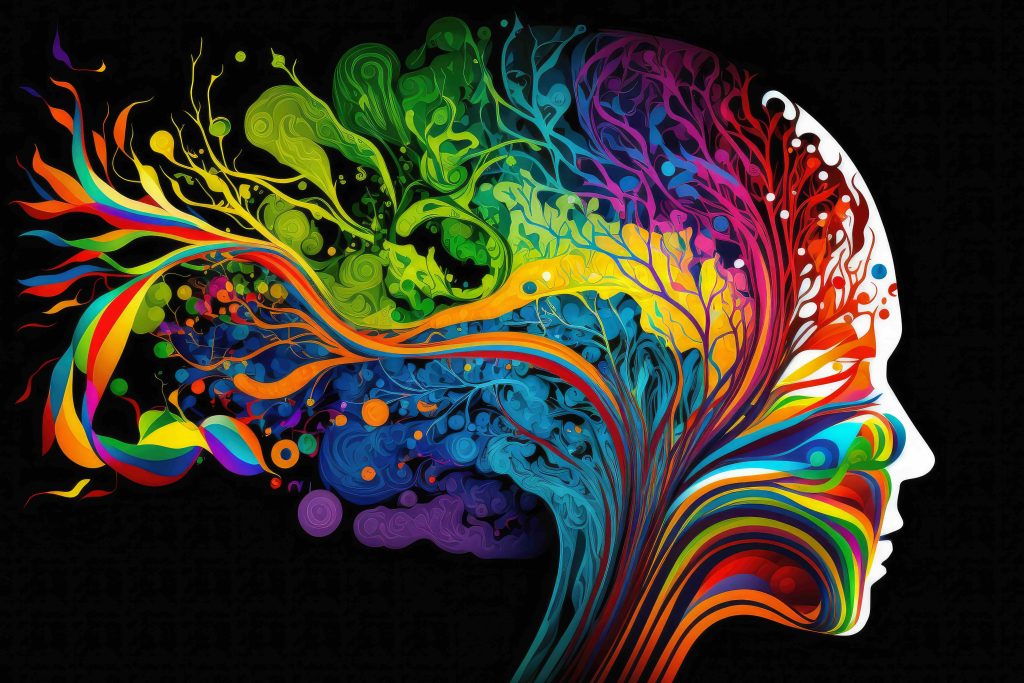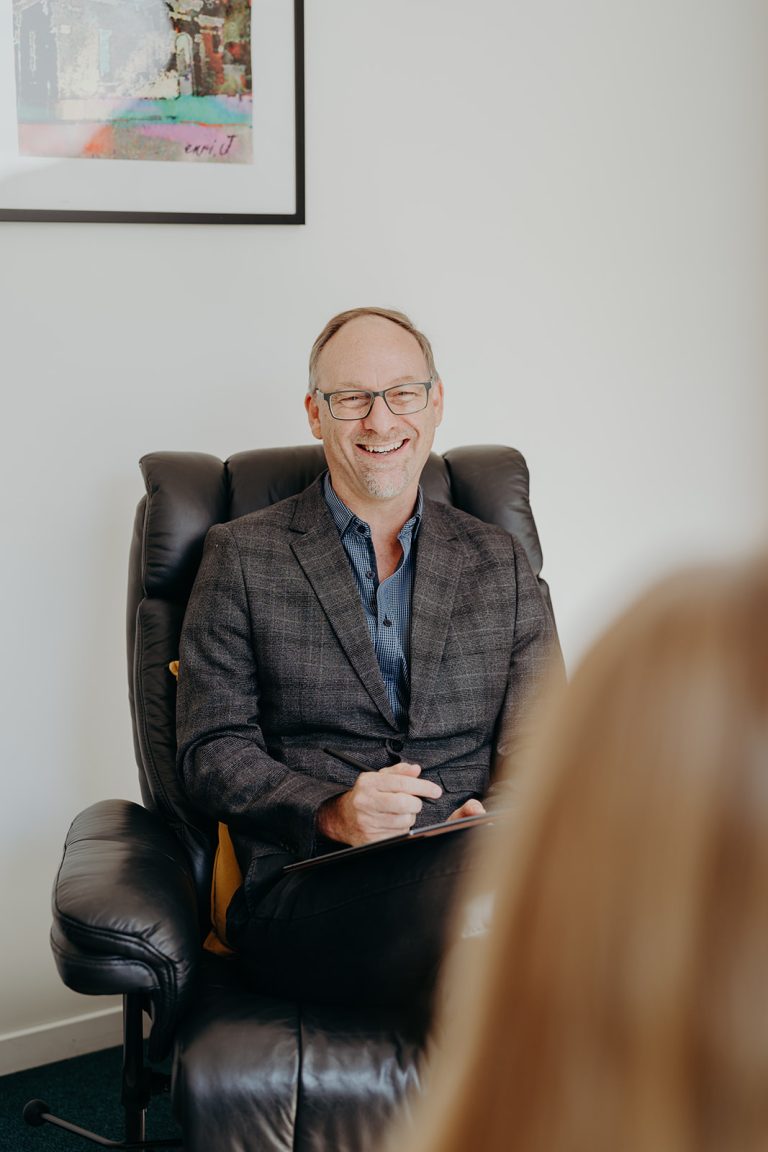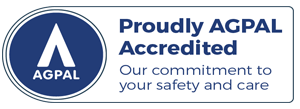
UNDERSTANDING NEURODIVERSITY: EMBRACING THE SPECTRUM OF MINDS
with Simon DuBois
The concept of neurodiversity or neurodivergence is gaining stronger recognition as a very helpful way to consider and understand the varied ways our brains function. We are hearing the term neurodiversity more and more in everyday conversations. It encompasses a broad spectrum of neurological conditions and challenges traditional views of what is considered normal.
Neurodiversity refers to the natural neurological variations that exist in human beings. It recognises that our brains are unique and can process information in a multitude of ways. The neurodivergent umbrella encompasses conditions such as autism, ADHD (Attention Deficit Hyperactivity Disorder), dyslexia, dyspraxia, and more. Rather than viewing these conditions as disorders that need fixing, the neurodiversity perspective encourages society to embrace and appreciate the cognitive differences that contribute to the rich tapestry of human experience.
Autism is one of the most well-known neurodivergent conditions which acknowledges the gifts and challenges in the way the world is experienced and perceived, social connections are negotiated and how things are thought about. The neurodiversity perspective sees autism not as a deficiency but as a different way of experiencing the world. Autistic individuals often possess unique talents, intense focus, and exceptional attention to detail, bringing valuable perspectives to various fields. Rather than attempting to fit individuals into a narrow definition of what is a right of being and thinking, the neurodiversity approach encourages adapting environments to accommodate diverse cognitive styles.
ADHD (Attention Deficit Hyperactivity Disorder) is another discussed neurodivergent condition which we are hearing much more about as people recognising it within themselves. The focus here is concerned with attention and impulse control. While those with ADHD may struggle with concentration in certain contexts, they often showcase remarkable creativity, energy, and the ability to think outside the box.
To help us all be well versed with neurodiversity and feel more comfortable talking in this space here are some of the terms that are great to know:
Asperger syndrome: An older term for Autism Spectrum Disorder (ASD).
Attention deficit disorder (ADD)/Attention deficit hyperactivity disorder (ADHD): Differences involving difficulties with attention, activity levels and impulsivity.
Autism spectrum disorders (ASD): Difference in the neurological make-up, or ‘brain wiring’ of humans.
Dyscalculia: Associated with significant difficulty with numbers and calculation.
Dyslexia: Dyslexia affects the way information is processed, stored and retrieved, with difficulties in memory, speed of processing, time perception, organisation and sequencing.
Executive function: The set of abilities used to plan complex cognitive tasks, to translate motivation into action.
Hypersensitivity: An unusually high or intense response to a particular stimulus – for example, smell, texture or colour.
Neurodiversity: The range of difference in individual brain function and behavioural traits, regarded as part of normal variation in the human population.
Neurodivergent: A person whose mental health or neurological function differs from what is considered typical or normal neurocognitive abilities.
Neurotypical: Not displaying or characterised by Autistic, ADHD or other neurologically atypical patterns of thought or behaviour.
On the Spectrum: Variation in the way a condition affects or shows itself in individuals with that particular difference. Autism is a spectrum condition, meaning that individuals have different traits, to different degrees.
Embracing neurodivergence involves creating an inclusive society that accommodates different cognitive styles and recognises the inherent value in diversity. By acknowledging and embracing neurodivergence, we pave the way for a more inclusive and compassionate society, where everyone, regardless of their neurological makeup, can thrive and contribute to the world.

Simon DuBois is a Registered Psychologist and Clinical Director at The Health Lodge, with more than 20 years’ experience supporting people in the Byron Shire.
To learn more about Simon and his offerings, click here


